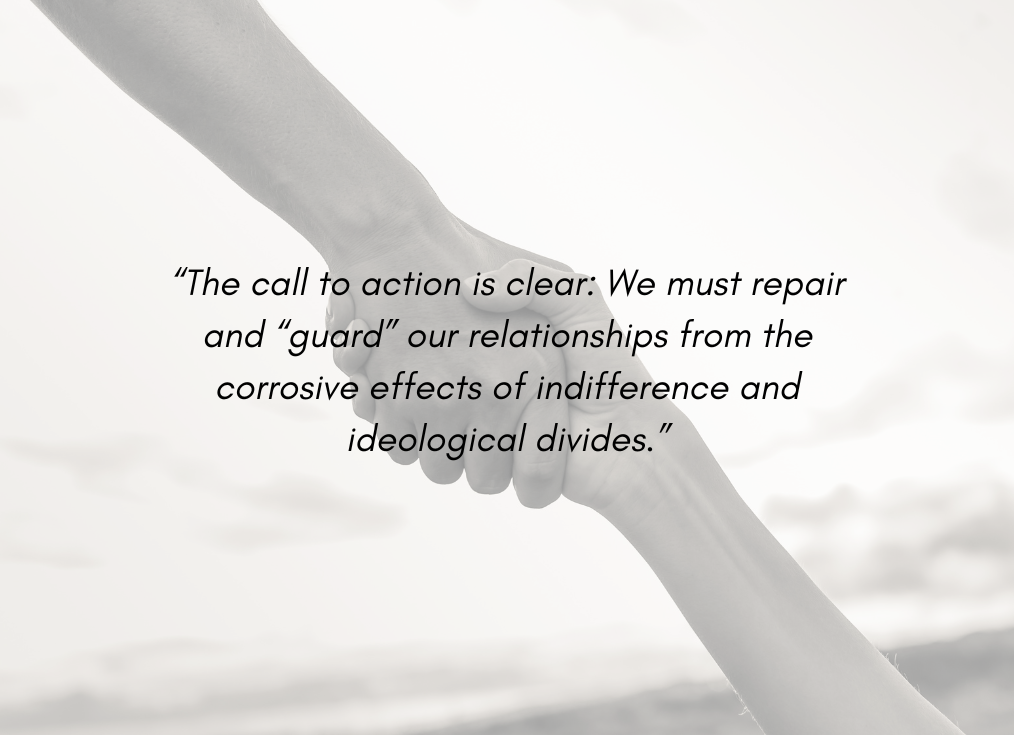The Four Guardians

February 9, 2024 / 30 Shevat 5784
In this week’s Torah portion, we are introduced to the intricate Mishpatim (“ordinances”) of “The Four Guardians” as a vehicle for understanding the ethical underpinnings of Judaism, specifically in the realm of being a shomer (“guardian”) of another’s property. Alternatively, the Lubavitcher Rebbe elaborated on this Four Guardians model comparing it to our spiritual relationship to Gd.
…
Then there’s the way I interpreted this model and how I saw it as a representation of the four ways that one could demonstrate their interpersonal relationships with others. In fact, the more I thought about these possibilities the more I saw that the levels of responsibility one assumes when caring for another’s property metaphorically represented the ways we are guardians of each other’s well-being.
- The Unpaid Guardian symbolizes altruism, caring for another’s property without compensation. This figure teaches us the value of selfless commitment in our relationships, emphasizing the importance of acting out of pure goodwill.
- The Paid Guardian represents a relationship where care is compensated. This guardian is held to a higher standard of responsibility, illustrating the balance between duty and reward in our interactions with others.
- The Borrower assumes the highest level of liability, benefiting from what is borrowed. This scenario reflects situations where our actions are solely for personal gain, challenging us to consider the impact of our actions on others.
- The Renter, whose obligations might align with either the unpaid or paid guardian. Depending on compensation, this example highlights the complexities of relationships that straddle personal benefit and mutual respect.
In our era, the essence of being an “unpaid guardian” in our relationships is critically relevant. The challenge lies in cultivating our capacity to genuinely listen, respect diverse perspectives, and prioritize the communal bond over individual gain. Our current social fabric shows signs of strain, where listening to understand and respecting differences have become scarce commodities.
The call to action is clear: We must repair and “guard” our relationships from the corrosive effects of indifference and ideological divides. This involves embracing the ethos of the unpaid guardian—extending care and respect without expecting anything in return. It requires us to engage in difficult conversations with humility, seek reconciliation where there is discord, and foster a culture of mutual respect and understanding.
By recognizing the responsibilities and attitudes of all four guardians into our lives, we gain a comprehensive blueprint for nurturing our relationships. Each type of guardian teaches us something valuable about the balance between self-interest and communal welfare, between giving and receiving, and between accountability and forgiveness.
As we delve into the teachings of Mishpatim, appreciating the insights of the Lubavitcher Rebbe, let us strive to embody the highest ideals of guardianship in our interactions with others. Let us commit to being protectors of our communal well-being, champions of respectful discourse, and builders of bridges across divides. Because we are…
Shabbat Shalom.

